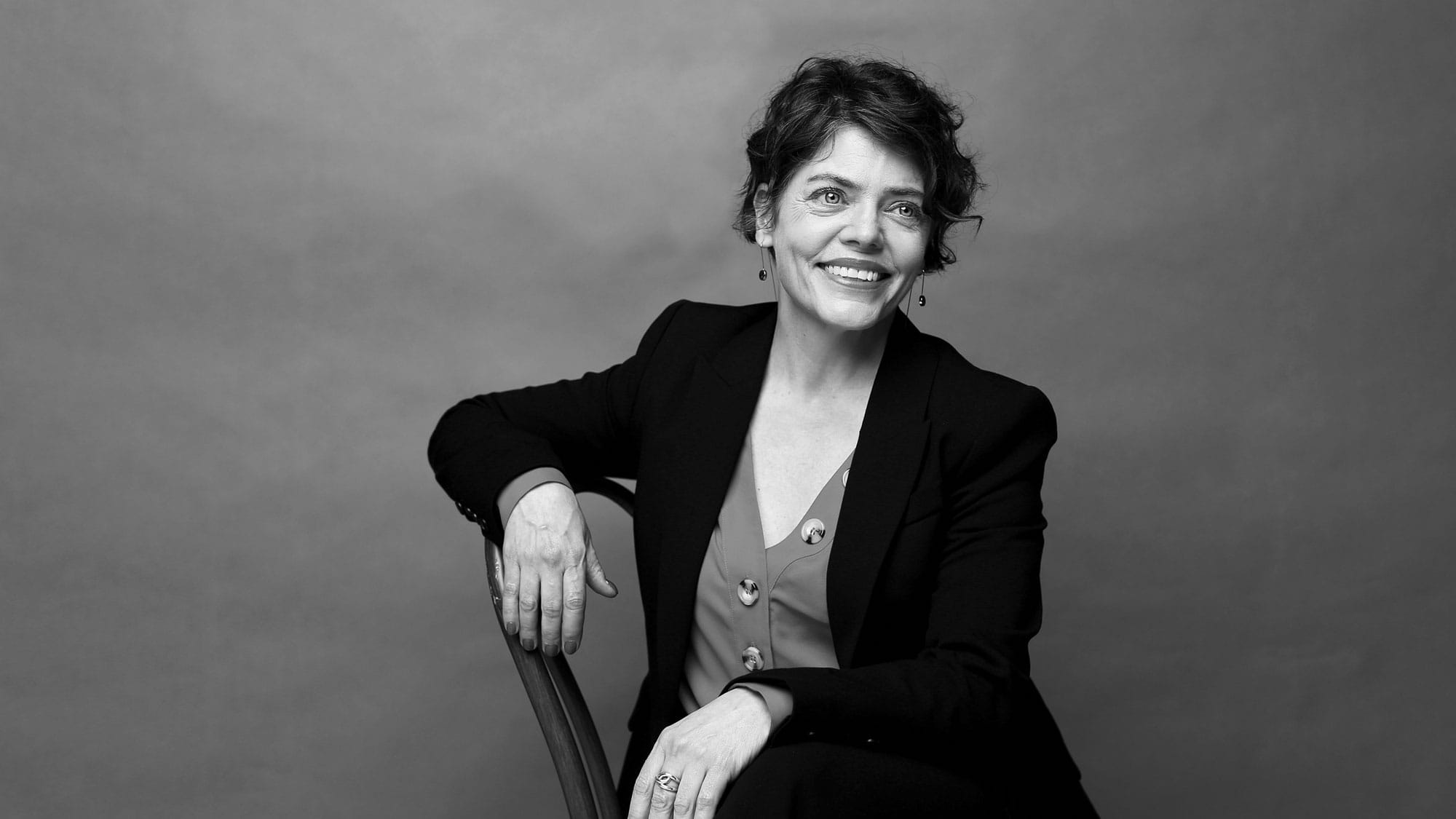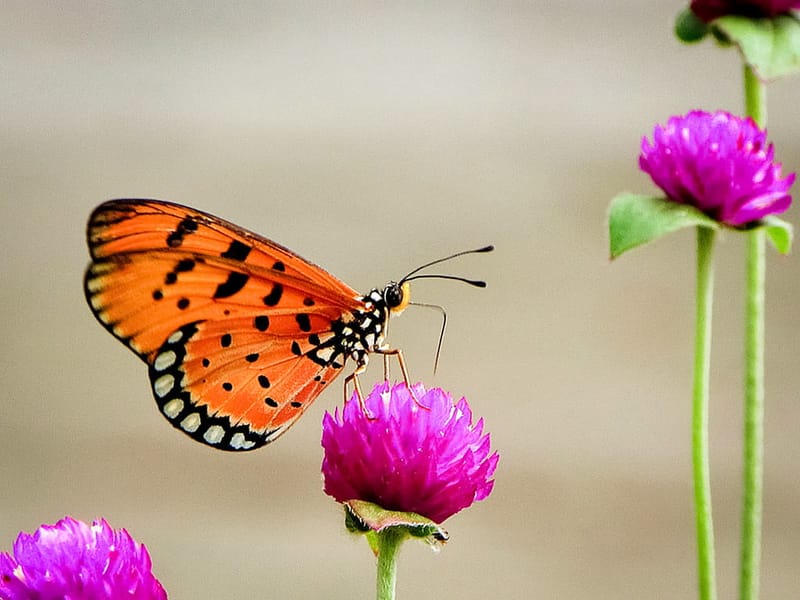
There’s a well-known philosophical exercise that participants at Cranlana Centre for Ethical Leadership are asked to consider. It involves a tram approaching a fork in the tracks.
If you allow the tram to continue on its predetermined path, it will hit and kill five workers on the track. If you divert the tram to the other track, it will kill just one person in its path. What do you do?
Cranlana CEO Vanessa Pigrum says people inevitably choose the path of least destruction and divert the tram. But then the scenario gets trickier. What if the one person is pregnant, and the five workers are actually escaped prisoners? It’s at this point, says Pigrum, the ethical dilemma begins to bite.
The tram conundrum, or ‘trolley problem’, is used to demonstrate that decisions aren’t always straightforward. As the scenario gets more complex and answers regarding the ‘right thing to do’ become murkier, participants must look inside themselves and challenge the foundations on which they make decisions – essentially, examining their ethical framework.
It’s not meant to be easy, says Pigrum. “Like all ethical dilemmas, there is no clear pathway through, and you really have to wrestle with ideas to make your decision.”
COVID-19 has thrust ethical decision-making into the spotlight as leaders grapple with how to deal with the pandemic... "Every headline has essentially been about an ethical choice.”
In early 2020, amid the COVID-19 pandemic, this hypothetical question of who to save jumped off the page and into reality. “In Italy, when the situation seemed to be spiralling out of control, doctors were having to decide on the spot, under pressure, who gets a ventilator and who doesn't,” she says.
Having the ability to make such difficult decisions quickly, effectively and with consistency under pressure is why the study of ethics in leadership is so important. “If you do this work understanding your own sense of ethics – whether it’s about justice and fairness, equity, or hard-and-fast rules – then you can rely on it, rather than discovering it during a crisis.”
Right time
COVID-19 has thrust ethical decision-making into the spotlight as leaders grapple with how to deal with the pandemic. From weighing up privacy versus the common good when introducing tracking apps, to balancing the interests of the economy and health when looking at lockdowns, to deciding who lives and who dies, ethical challenges just keep coming, Pigrum says. “Every headline has essentially been about an ethical choice.”
So while Cranlana had to pivot “like the rest of the world”, replacing its renowned face-to-face programs with “bite-sized” 90-minute online forums, its lessons in sharpening ethical thinking have never been more pertinent.
Cranlana programs
Cranlana programs include its flagship six-day executive colloquium, a 12-month Vincent Fairfax Fellowship, and two-day intensives for teams to develop ethical decision-making skills. Programs run February to November.

Cranlana traditionally provides a range of programs, including its flagship six-day executive colloquium, a 12-month Vincent Fairfax Fellowship, and two-day intensives for teams to develop ethical decision-making skills.
Participants look at ethics in relation to their personal decision-making process, both in the way they conduct their business and on a broader societal level.
And, says Pigrum, putting ethics at the centre of decision-making can lead to significant change. For example, one Cranlana alum began to work in the anti-slavery movement, looking at supply chains and working conditions across the world.
“People can make quite transformational decisions after deeply exploring this nexus of their personal ethics with the ethics of the organisation or a sector they are in,” she says.
New opportunities
This level of insight will be enhanced with Monash University joining The Myer Foundation and Vincent Fairfax Ethics in Leadership Foundation in Cranlana. The partnership allows Cranlana to tap into Monash personnel, projects and research around issues – for example, anti-slavery and sustainable development. And, in turn, Cranlana can provide its leadership development programs to the University.
Through the partnership, Pigrum is also delighting in reacquainting herself with her undergraduate stomping ground, where she studied arts and law and took part in an “awful amount of student theatre”.
Pigrum joined Cranlana after a distinguished career in the arts. Leadership roles at Chunky Move, Arts Centre Melbourne and Melbourne Fringe Festival have, she says, prepared her well for the job.
“In the arts, I was always talking about the impact you want to have on the audience. Now, our audience is the participants, so we need to present the right mix of content to have that impact.”
Content under Pigrum’s leadership will include more from female and Indigenous critical thinkers, she says, “voices that we haven’t put a spotlight on in the past”, to increase diversity and challenge people’s mindsets.
Her own mindset was altered after she completed an “invigorating” and “intense” Cranlana course on becoming its CEO. “It made me look at what influence I did have and question how I was going to use my position to push for positive change,” she says. “If there’s actually an issue you should speak up about, then ask, ‘What is my personal action?’ Those are the big questions, in the end.”





